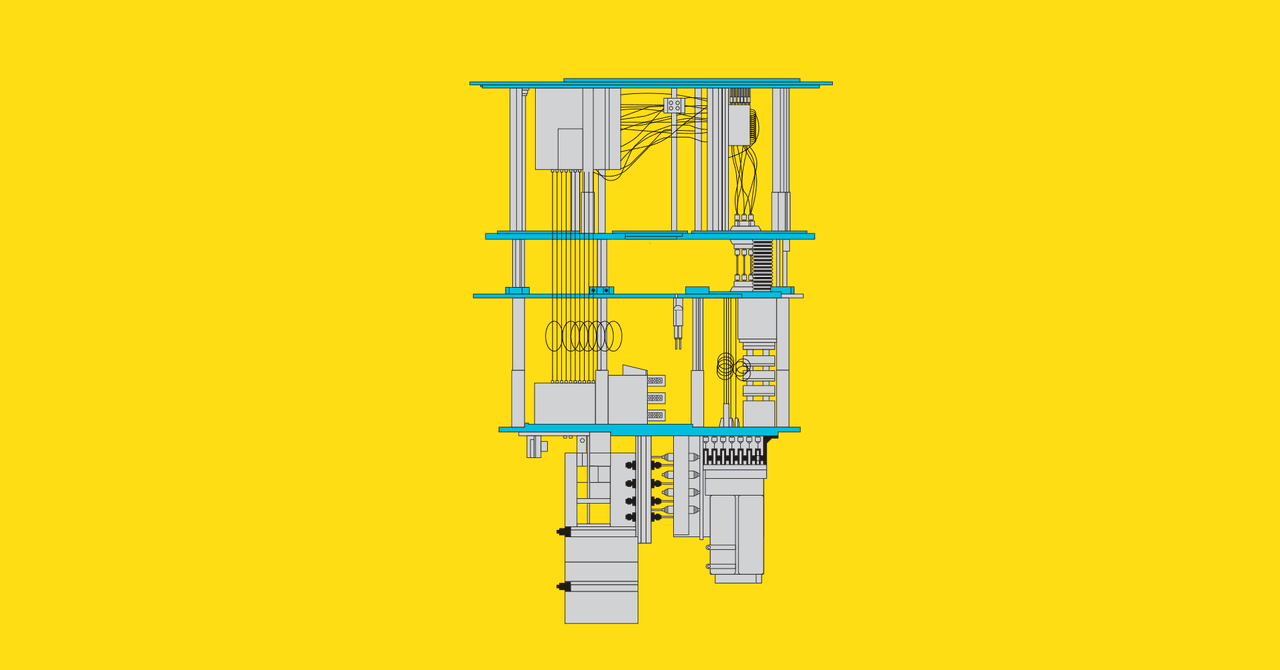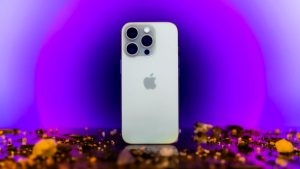Quantum computing has captured the imagination of scientists, technologists, and futurists alike. With the power to outpace even the world’s fastest supercomputers, this next-generation tech promises a revolution in how we process information, solve complex problems, and explore new frontiers in science.
But despite the buzz, many still ask: What is quantum computing really? How does it work, why is it important, and when will it actually matter?
Let’s break it all down—no PhD required.
⚛️ Understanding the Basics: Classical vs Quantum Computing
To grasp quantum computing, it’s helpful to first revisit how classical computers work.
💻 Traditional Computers: The World of 1s and 0s
Every laptop, smartphone, or smartwatch relies on binary code—combinations of 0s and 1s known as bits—to perform calculations. These bits represent two states:
-
0 (off)
-
1 (on)
Billions of these bits work together, flipping on and off, to allow everything from YouTube videos to weather forecasting models.
🧪 Enter Qubits: The Building Blocks of Quantum Computers
Quantum computers, on the other hand, use qubits (short for quantum bits) instead of binary bits. What makes qubits special is that they leverage quantum mechanics, which allows them to exist in multiple states at once—a phenomenon known as superposition.
🌀 Superposition and Entanglement: The Magic Behind Quantum Power
Let’s break down two of the key quantum principles powering this technology.
🌗 Superposition: Being in Two States Simultaneously
Imagine flipping a coin. While in the air, it’s neither heads nor tails—but a probability of both. Similarly, a qubit can be in a state representing both 0 and 1 at the same time. This allows quantum computers to process exponentially more information than classical ones.
🔗 Entanglement: Instant Connection Across Distance
Qubits can also become entangled, meaning the state of one qubit instantly influences another—regardless of the distance between them. This deep connection enables quantum computers to solve certain problems more efficiently by reducing the steps needed for computation.
🚀 What Can Quantum Computers Actually Do?
While full-scale quantum computing is still in development, researchers and companies are already exploring its potential applications, including:
🔍 1. Drug and Material Discovery
Quantum computers can simulate molecules at the quantum level, making it easier to:
-
Design new pharmaceuticals
-
Discover advanced materials like superconductors or stronger polymers
🔐 2. Cybersecurity and Cryptography
Quantum computing could break current encryption standards, but it also paves the way for quantum-safe cryptography to protect future data.
📈 3. Financial Modeling
Banks and hedge funds may use quantum algorithms to simulate market scenarios, optimize portfolios, and manage risk in near real-time.
🧭 4. Optimization Problems
From logistics and supply chains to traffic routing and energy grids, quantum computing could optimize countless processes that overwhelm traditional systems.
🌍 5. Climate Modeling and Energy
Accurate simulations of natural systems could help scientists model climate change, discover new energy sources, and improve battery technology.
🏗️ How Are Qubits Made?
There are several approaches to building qubits, including:
-
Superconducting circuits (used by Google and IBM)
-
Trapped ions (used by IonQ)
-
Photonic systems (used by Xanadu)
-
Topological qubits (experimental, being pursued by Microsoft)
Each has strengths and weaknesses in terms of stability, scalability, and error correction.
🧊 Why Is Quantum Computing So Hard?
Despite its promise, building a usable quantum computer is extremely difficult. Here’s why:
❄️ 1. Qubits Are Fragile
Qubits are sensitive to noise, temperature, and electromagnetic interference. Even minor disturbances can collapse their quantum state (called decoherence).
🛠️ 2. Error Correction Is Tricky
Quantum errors are harder to detect and correct. A lot of processing power goes into keeping qubits stable—leaving less for actual computing.
🧊 3. It Requires Extreme Conditions
Many quantum computers operate at near absolute zero (colder than outer space) to maintain quantum effects. This adds cost and complexity.
📅 Where Are We Now?
Although practical quantum computers for everyday use are still in the future, the field is progressing rapidly. Here’s a snapshot of current milestones:
⚙️ Google’s Milestone (2019)
Google claimed it achieved “quantum supremacy” by performing a task in 200 seconds that would take a supercomputer 10,000 years.
🧪 China and Canada Join the Race
In 2020 and 2022, Chinese and Canadian teams demonstrated similar quantum experiments, further validating the technology.
🧬 Real-World Simulations
Small quantum processors have successfully simulated simple molecules, offering a glimpse into future drug and chemical research.
🆚 Classical vs Quantum: Who Wins?
| Feature | Classical Computers | Quantum Computers |
|---|---|---|
| Bits/Qubits | 0 or 1 | 0, 1, or both (superposition) |
| Processing Power | Linear | Exponential |
| Best For | General tasks, apps, games | Optimization, simulation, crypto |
| Maturity | Decades of development | Still experimental |
📈 SEO Focus: Why You Should Care About Quantum Computing in 2025
Quantum computing isn’t just for scientists anymore. As we generate more data than ever before, we need better tools to:
-
Analyze vast datasets
-
Protect digital infrastructure
-
Drive innovation in medicine, AI, and beyond
If you’re a business leader, tech enthusiast, or student—understanding quantum computing can give you a competitive edge in the digital age.
🧠 Expert Insight: Is Quantum Computing the Future?
In the words of the legendary physicist Richard Feynman:
“If you think you understand quantum mechanics, you don’t.”
That sentiment still rings true, but what we do know is this: Quantum computing is no longer just science fiction. It’s a fast-developing field with real-world potential—and we’re just beginning to explore what’s possible.
📝 Final Thoughts
Quantum computing is a groundbreaking evolution of computer science that challenges our understanding of reality and logic. While not yet mainstream, it holds the potential to redefine how we solve problems, build technology, and explore the universe.
🔎 Stay curious, because the quantum future is already in motion.
📚 FAQs About Quantum Computing
✅ What is quantum computing in simple terms?
It’s a new kind of computing that uses quantum bits (qubits) to process information much faster by leveraging quantum mechanics.
✅ When will quantum computers be available?
We’re still years away from large-scale, commercial quantum computing, but limited machines already exist for research and testing.
✅ Can quantum computers replace classical ones?
No, they’ll likely work together. Quantum computers are designed for very specific tasks that traditional computers struggle with.
✅ Is quantum computing safe?
It could make current encryption methods obsolete, but new quantum-safe methods are being developed.




